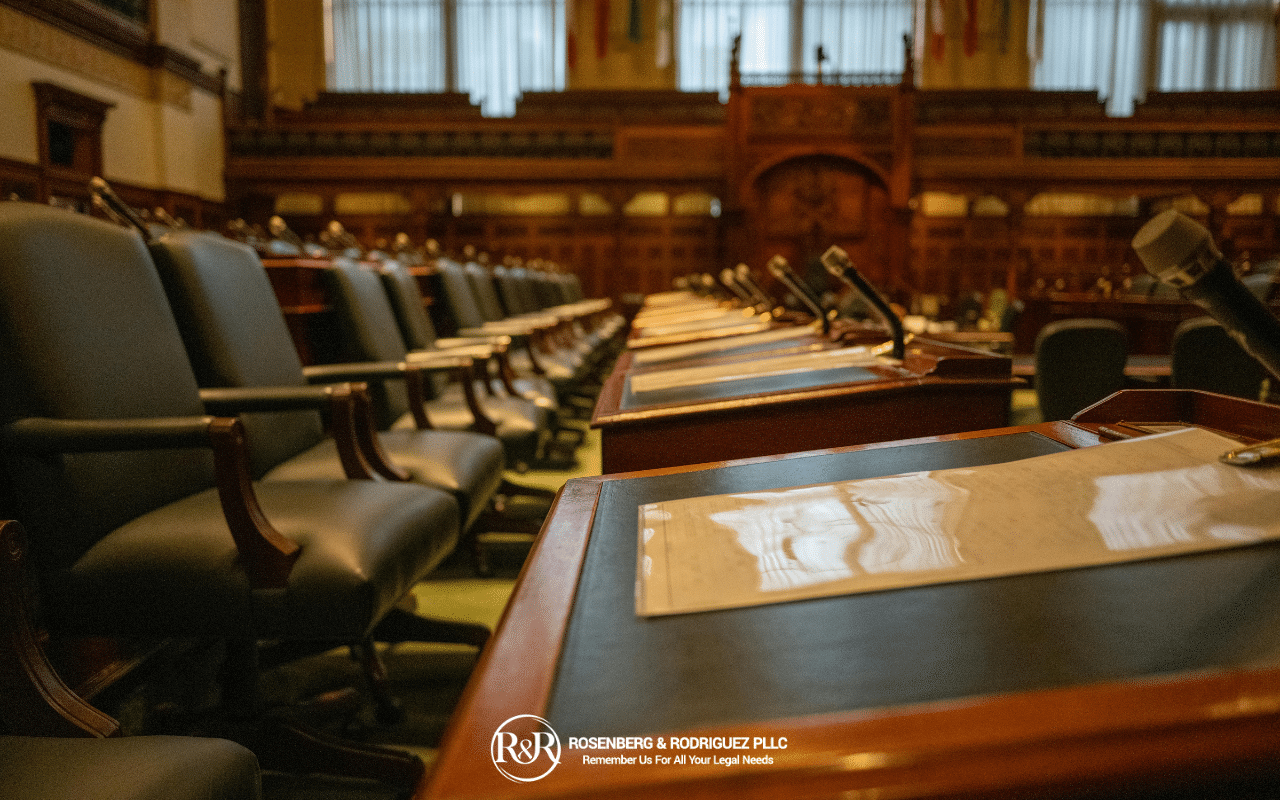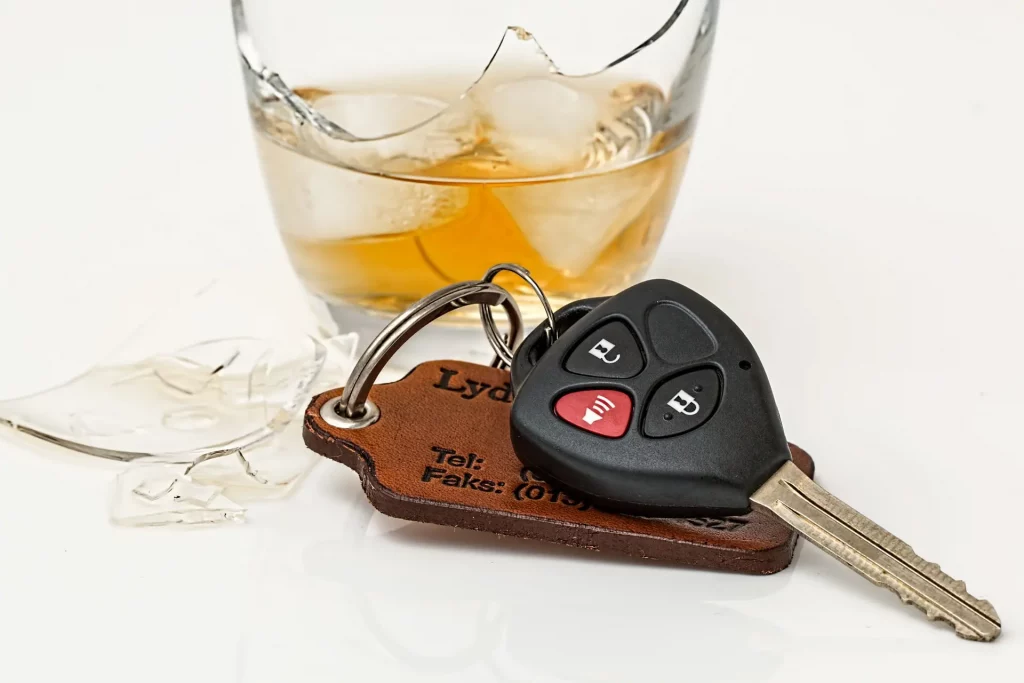
Sovereign immunity is a legal doctrine that can significantly impact personal injury claims against government entities in New York. If you’ve been injured on public property, in a city-run facility, or due to the actions of a government employee, your right to recover damages is not as straightforward as it would be in a private injury claim. At Rosenberg & Rodriguez, we help injured New Yorkers understand and overcome the barriers of sovereign immunity so they can pursue the compensation they deserve.
What Is Sovereign Immunity?
Sovereign immunity is a legal principle that protects federal, state, and local governments from being sued without their consent. Historically, this doctrine meant that individuals could not sue the government at all. However, over time, New York has carved out exceptions that allow injury victims to bring claims under specific circumstances.
Under New York law, you can sue the state or a local government entity—but only if you follow strict procedural rules, including filing a Notice of Claim within a limited timeframe. Failure to comply with these rules often results in the dismissal of your case, no matter how valid your claim may be.
Common Injury Scenarios Involving Government Entities
Many personal injury claims in New York may involve a government agency or employee, including:
-
Slip and falls on public sidewalks or in government buildings
-
Accidents on MTA buses, subways, or platforms
-
Injuries in public schools or parks
-
Collisions with city vehicles such as sanitation trucks or police cars
-
Construction site accidents on municipal projects
-
Elevator or stairway accidents in city-owned housing
These cases are complex, and sovereign immunity can affect every aspect of your claim—from who you can sue to how long you have to file.
If you were injured on public transit property, such as a subway platform or bus, read more about your rights in Brooklyn subway accident claims.
The Notice of Claim Requirement
Before you can file a lawsuit against a city, town, or other municipal entity in New York, you must serve a Notice of Claim within 90 days of the incident. This document must include:
-
The name and address of the claimant
-
The nature of the claim
-
The time, place, and manner of the incident
-
The damages or injuries sustained
This step is critical. If you miss the 90-day window or make an error in the filing, your right to pursue compensation may be lost. After the Notice of Claim is served, the government has 30 days to request a pre-suit hearing before you can file your actual lawsuit.
If your claim involves a government employee or public works accident, our team can help ensure your Notice of Claim is filed accurately and on time. Learn more about our services for East New York personal injury cases.
Who Can You Sue?
Understanding who to name in your lawsuit is a critical part of navigating sovereign immunity. Depending on the situation, your claim might be against:
-
The City of New York (for sidewalk falls, public school injuries, sanitation vehicle accidents)
-
The Metropolitan Transportation Authority (MTA) (for bus or subway injuries)
-
The State of New York (for highway defects or negligence by state workers)
-
The New York City Housing Authority (NYCHA) (for accidents in public housing)
Each agency has its own set of rules and deadlines. An experienced attorney at Rosenberg & Rodriguez can help you determine the correct entity to pursue and handle communications on your behalf.
If your injury occurred in a city-owned building, our attorneys in Brownsville or Flatbush can provide immediate guidance.
Limits on Liability and Damages
Even when sovereign immunity is waived, government agencies are not exposed to liability in the same way private parties are. Some key limitations include:
-
Caps on damages: Although New York generally does not impose a cap on damages for private personal injury claims, some government-related claims may have practical limitations based on insurance or budgetary constraints.
-
Shorter deadlines: Besides the 90-day Notice of Claim requirement, you typically have one year and 90 days from the date of injury to file the lawsuit itself.
-
Limited liability: Government agencies are often shielded from punitive damages and other forms of enhanced liability.
If your injury involved a government vehicle in an area like Canarsie, these rules may apply. It’s essential to consult an attorney early to protect your rights.
Sovereign Immunity and Premises Liability
Slip and fall accidents on city-owned sidewalks, staircases, and buildings are among the most common claims impacted by sovereign immunity. While you can sue the city in these cases, you must often prove:
-
The city knew or should have known about the hazard
-
The hazard existed for a sufficient period of time
-
The city had time to fix the condition but failed to do so
If your fall occurred on a poorly maintained sidewalk in Bushwick, you may be entitled to compensation—but only if you act quickly and build a strong claim.
MTA and Public Transit Claims
Injuries involving public transportation add another layer of complexity. If you were hurt on an MTA bus, subway, or train platform, sovereign immunity applies because the MTA is a public benefit corporation. Claims against the MTA require:
-
Filing a Notice of Claim within 90 days
-
Compliance with specific evidence rules
-
Medical documentation of injuries
-
In some cases, expert testimony on transit safety standards
We regularly represent victims of MTA-related accidents across the city, including in Bedford-Stuyvesant.
How Rosenberg & Rodriguez Can Help
At Rosenberg & Rodriguez, we know how to navigate the unique challenges of sovereign immunity in New York. Our firm has helped clients across Brooklyn and beyond recover compensation in cases involving:
-
NYCHA building defects
-
Subway and bus injuries
-
Sidewalk trip-and-falls
-
Injuries caused by city workers or vehicles
-
Municipal construction hazards
Our legal team understands the urgency and precision required when dealing with government entities. We handle every aspect of your case, from filing your Notice of Claim to pursuing full damages in court, if necessary.
If you live in Kensington or another Brooklyn neighborhood and were injured on public property, we can help you determine whether sovereign immunity applies and what steps to take next.
What Compensation Can You Recover?
If your claim proceeds successfully despite sovereign immunity, you may be entitled to:
-
Medical expenses
-
Lost wages
-
Pain and suffering
-
Future medical care
-
Permanent disability
-
Emotional distress
However, timing is everything. The sooner you speak to an attorney, the more likely you are to preserve your rights and meet critical deadlines.
Contact Rosenberg & Rodriguez Today
Suing a government entity in New York is never simple. Between short deadlines, procedural hurdles, and liability limitations, you need a skilled legal team that understands how sovereign immunity works. At Rosenberg & Rodriguez, we’ve built a reputation for fighting on behalf of injured New Yorkers—even when the defendant is the city or state itself.
If you’ve been hurt and believe a government agency is responsible, don’t wait. Call Rosenberg & Rodriguez today to schedule a free consultation. We serve clients across Brooklyn, including Flatbush, Canarsie, Bushwick, and beyond.




